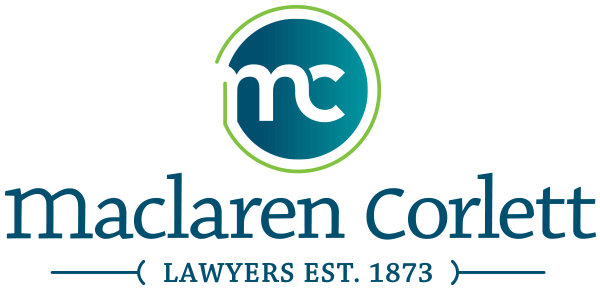While we tend to speak of “Sports Law”, what we really mean is the interaction of all aspects of law with sport and vice versa. This initial blog on this topic is one of four and, of necessity, the following is general in nature. I would ask you to keep in mind that the context may require you to think in terms of individual athletes, teams, sports organizations, leagues, players’ associations, agents or any or all of them. For simplicity, I will just refer generically to “sports entity” recognizing that this does require some interpretation by the reader as to applicability within the above categories.
Sponsorship – By far the easiest type of sponsorship is to do so anonymously and therefore with no worries. However, if your sports sponsorship is public and involves anything from an individual athlete through to a sports league, you are essentially cobranding yourself with that sports entity. In some peoples’ eyes, the value of your brand may go up and down with the performance of the sports entity. Unfortunately as well, the value of your brand may go up and down with the conduct of the sports entity. Every sponsorship arrangement should always contain an immediate escape clause in the event of illegal or unacceptable behaviour (sometimes referred to a morals or morality clause) or at the very least have a termination clause in the event the relationship is not working out. As in any contractual arrangement, it should be drafted so as to foresee circumstances where one party wants out of the relationship when the other one wishes it to continue. Some key items to look at in any sponsorship arrangement are: exclusivity, duration, termination, compensation, behaviour standards, expectations and the scope of use by the sports entity and the sponsor of the “brand” of the other.
Promotion – The elements of concern for sponsorship also exist for promotions. The scope of the relationship should be clearly defined and may also involve the association of the brands of the co-promoters to one another. Where a sports entity is being promoted, or the product or service of a company is being promoted by the sports entity, there should be an agreement regarding the activities to be performed in as much or even more detailed a fashion as with sponsorship. A promotion is more active in nature and tends to bind the sports entity and the company closer together in the eye of the public. This may require more checks and balances but one should also be very cognizant of its existence into the future since electronic and social media don’t disappear just because a contract has ended.
I would also like to raise a note of caution in relation to unknown, and possibly unwanted, promotion. If a company uses the name, image, voice, etc. of a sports entity without his, her or its knowledge, they may find themselves facing a cease and desist letter or a law suit. Even the most innocuous of congratulatory messages or expressions of support may be difficult to separate from the commercial benefits the company receives from those references and could be seen as trading on the reputation of the sports entity. Also, it is common for companies to want to use tickets or sporting paraphernalia as prizes while either referring to, or branding, a contest or promotion with the name, image or logo of a sports entity. Not only may this be infringing on the intellectual property of the sports entity, but the tickets to a sporting event may themselves be subject to restrictions which specifically prohibit them from being used for promotional purposes without the express written permission of the sports entity itself. Nothing is more embarrassing than having your contest winners kicked out of their seats at a sporting final and having it all shown on the Jumbotron®.
Stay tuned for the 2nd Period – Organization and Rules.

